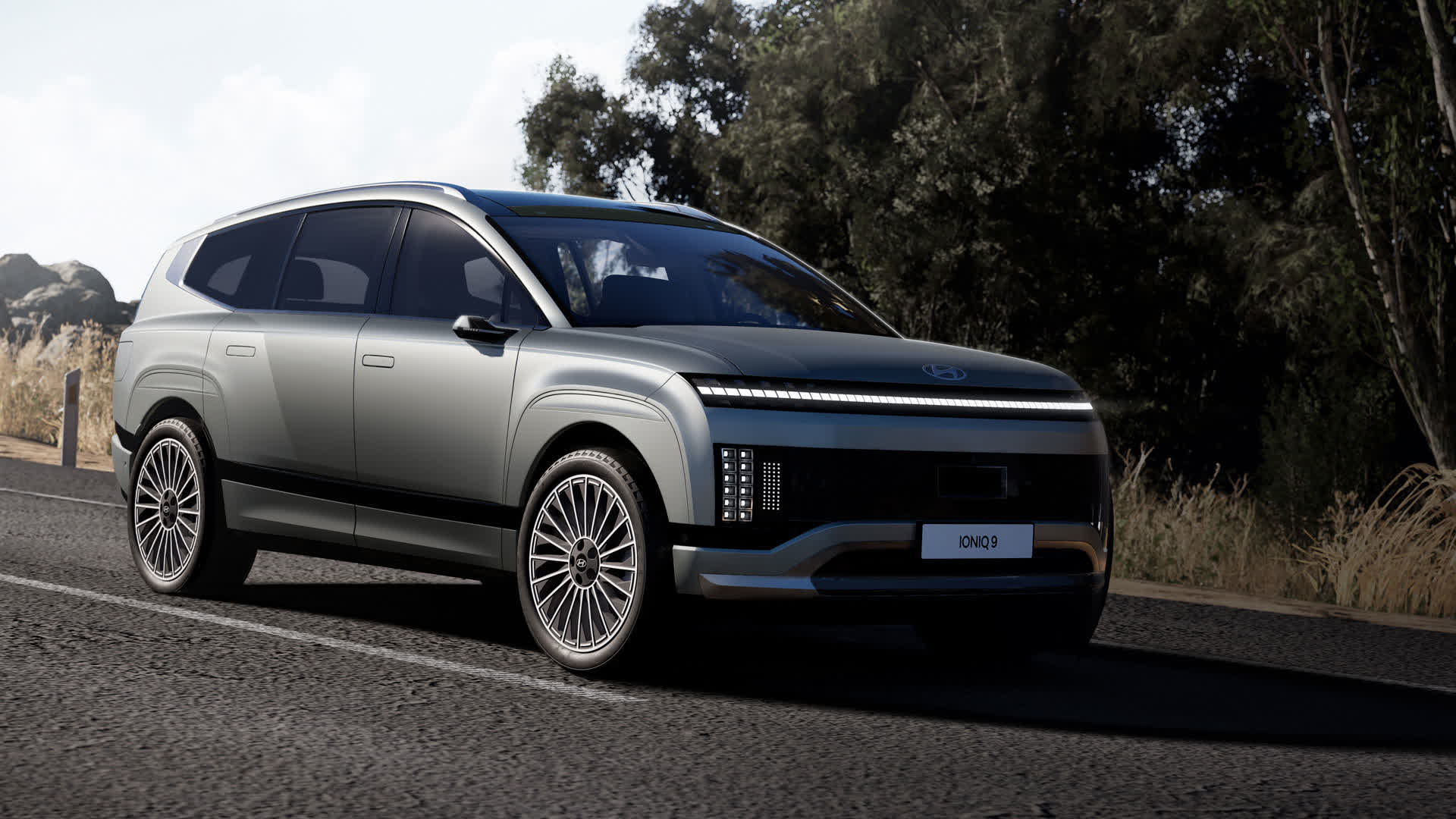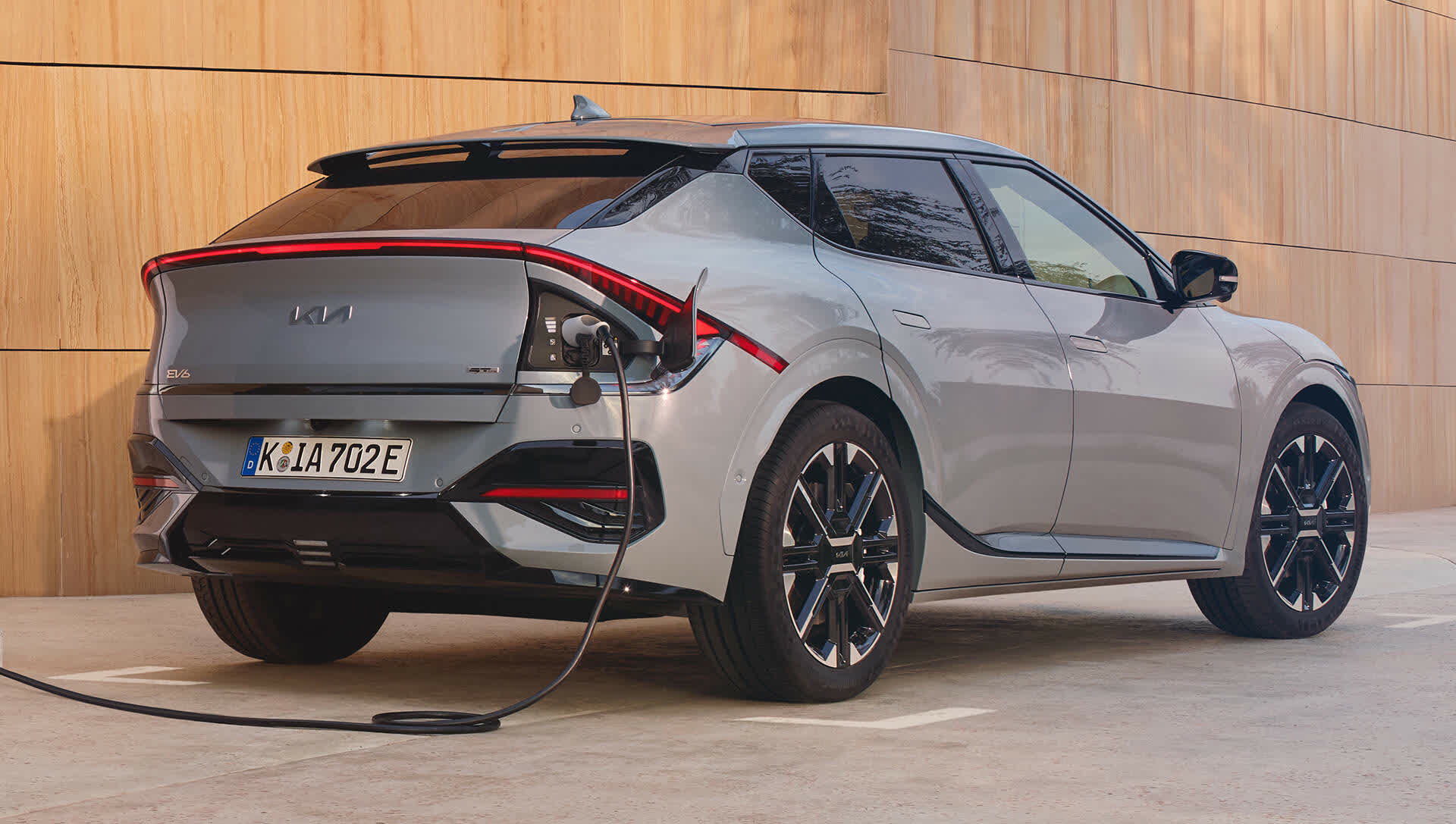In context: Hyundai is kicking off 2025 on a high note, as several of its electric vehicles now qualify for the $7,500 federal tax credit under the Inflation Reduction Act. This is the first time that the company has been eligible since the act passed in 2022, marking a big win as the US accelerates its transition to electric vehicles.

Five models have made the cut to receive the tax credit incentive. These include the popular Hyundai Ioniq 5 crossover SUV, the new Ioniq 9 three-row electric SUV, the Kia EV9, and 2025 EV6 models, as well as the Electrified GV70 from Hyundai's luxury brand Genesis.
With these new models, there are now a total of 25 EVs across 10 brands that qualify for the federal credit, as reported by Electrek.
The qualification should serve as a major boost for Hyundai since it had to play catch up after being left out of the credit initially. The company was aware of the difference $7,500 would make – it fast-tracked the construction of its Georgia plant in just two years to start US production and meet the requirements laid out in the Inflation Reduction Act.

The first EV off the line at the new facility was the upgraded 2025 Ioniq 5, which boasts more range, new tech features, and improved styling over the prior model. It even comes with a built-in port for Tesla's Supercharger network. The Ioniq 9 three-row followed shortly after as Hyundai ramped up mass production.
On the pricing front, the base 2025 Ioniq 5 SE with rear-wheel drive starts at $42,500, offering a range of up to 245 miles. For $46,550, buyers can opt for the long-range version, which extends the range to 318 miles per charge.
As an added bonus, Hyundai is providing a free adapter to enable access to Tesla's Supercharger network for anyone purchasing or leasing one of its 2025 EVs. Owners of older Hyundai EV models from 2024 or earlier can also request the adapter.
While this is undoubtedly positive news for Hyundai, a potential challenge looms on the horizon. Reports suggest that Donald Trump's incoming administration may consider eliminating the EV tax credit entirely. However, for now, Hyundai is riding a wave of momentum.
Together with Kia, Hyundai sold over 112,500 EVs in the U.S. through November of last year. With the added incentive of the federal tax credit, these numbers are poised to climb even higher in 2025.
Hyundai and Kia score big with their EVs now eligible for $7,500 tax credit
